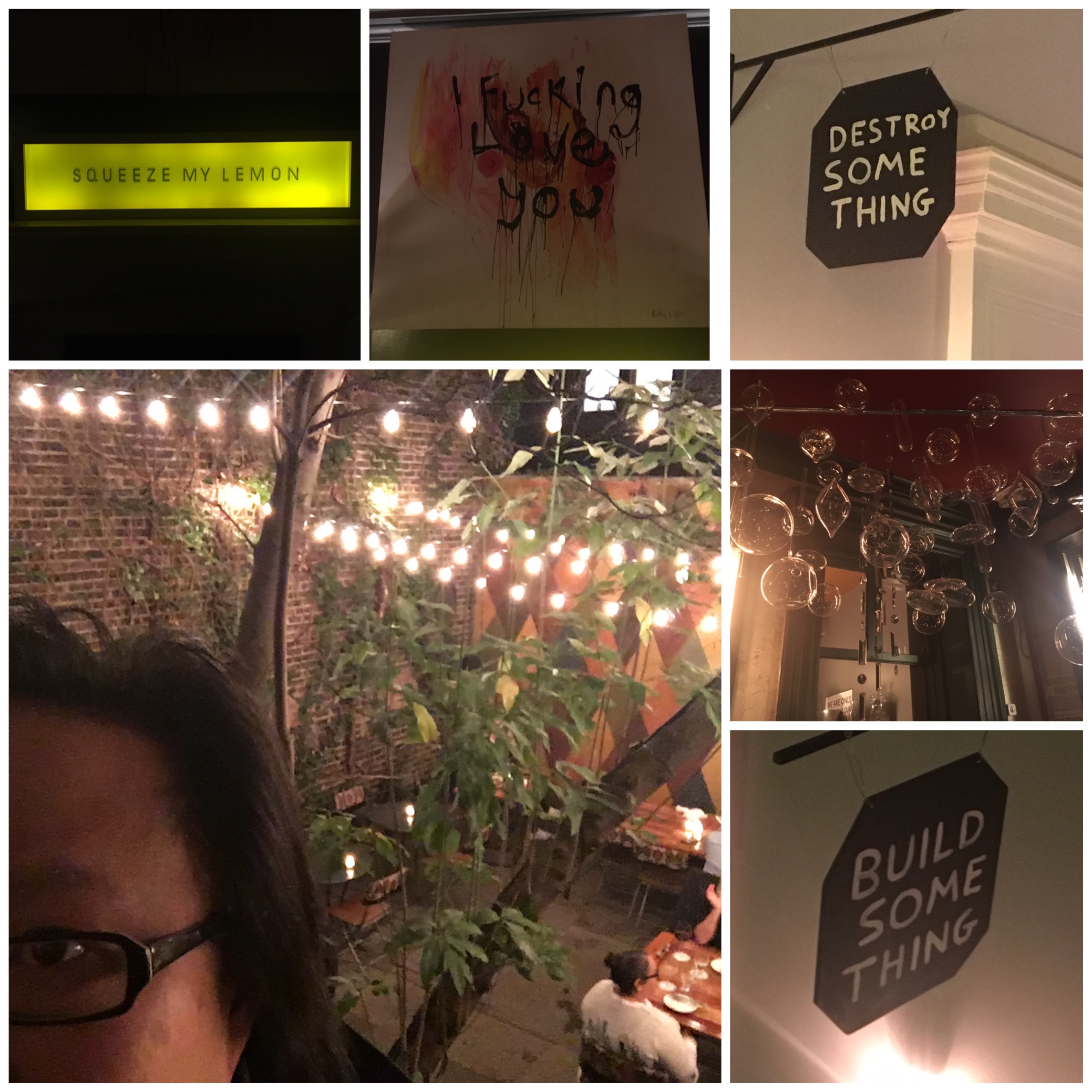Short review notes on iPhone X from casual phone non-tech user.
TLDR If you like Apple you should feel relief that the phone lives mostly up to expectations.
Pros: brilliant screen, great camera, good battery life, water resistant; minor: wireless charging, Face ID works ok, Apple Pay works OK, sound is good.
Cons: no headphone socket, no fingerprint scanner, glass will break if dropped so need case, expensive vs S8/Pixel, the notch for some, some new gestures.
The battery lasts at least a day! This is almost daily life changing. I had not appreciated how annoying the battery packs or the I’m losing battery I will be out of contact soon moments of stress. (Running late with children Ugh).
The screen is brilliant. The notch is not that annoying to me (I admit others might find it annoying) After a few days it’s noticeable how much better the screen is so if you use a phone a lot for reading or web it stands out. I sense it does not overtake the Galaxy S8 though.
The Face ID works ok. It does not get in the way of phone unlocking. I can’t say it is any better though. It is slightly slower to use Apple Pay and the technique is completely different. But it doesn’t put me off any further as I’m not a huge Apple Pay user. A tap with a card is still quicker as is the finger ID on the back of a phone.
I’m not wowed by the Face ID technology. I’m not put off either and I was worried I would be.
New gestures mostly fine. The control centre pull down from the top right is smart. The half swipe up to swap apps is not great. Minor niggles. Not perfection but still great.
Setting up the phone was amazingly seamless and pain free. Wire free.
I’m not a huge music listener but the lack of headphone jack will annoy some. The phone speakers are good to my non expert ears. The adapters look silly, not very Apple.
Portrait mode effect, no set up before snap. Effects pretty good.
Photos: The photos are noticeably better from front and back cameras than my old iphone. Colours better. Detail. Low light better. Video is better. I’ve only done a handful but if you are into the selfie art movement this camera won’t disappoint. Good enough for any casual facebooking, LinkedIn twitter insta stuff and any causal YouTubing or even more. I think it more or less matches the best out there though is not better, I sense. The portrait mode is ok to make the blurred back ground effect (bokoh), very simple - though I've only tried natural lights.
It’s nice to hold but you will need a case. 1000 £/$ of phone will need a case. I’d consider insurance too if you are more accident prone than average.
Overall 9/10. There are minor flaws. There is nothing astoundingly new vs other phones. But it does takes all the latest tech and makes a very comfortable Apple experience. I’m paying 55 a month for 2 years (which will more than meet my data needs with no upfront) and given the price of S8 or Pixel, I’d say it was expensive but not crippling if you have a contract that partially subsidises it. No reason to switch from android / S8 / Pixel. But it’s enough to keep me in the Apple system rather than switch which is what I was contemplating.
If you like Apple you should feel relief that the phone lives mostly up to expectations.
If you'd like to feel inspired by commencement addresses and life lessons try: Neil Gaiman on making wonderful, fabulous, brilliant mistakes; or Nassim Taleb's commencement address; or JK Rowling on the benefits of failure. Or Charlie Munger on always inverting; Sheryl Sandberg on grief, resilience and gratitude or investor Ray Dalio on on Principles.
Cross fertilise. Read about the autistic mind here.

















